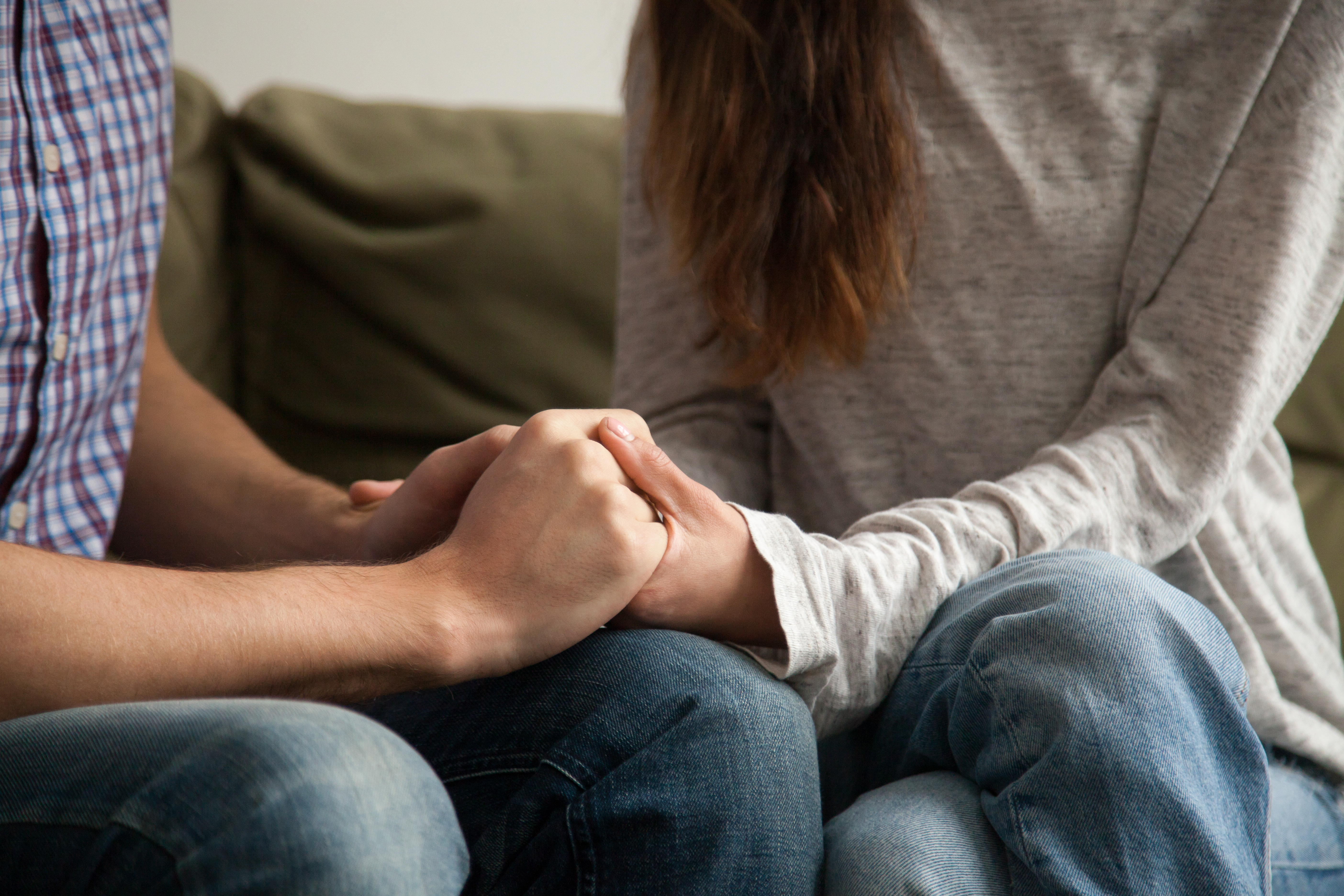Turning Conflict into Collaboration
Conflict is part of every relationship. Relationships with your children, your partner, your parents or even your neighbor will all have conflict at some point. Most people aren’t aware that the words they use or the stance they are taking will determine how the situation will be resolved both in that situation as well as in the future. People often get stuck on winning the battle when, in fact, they might irretrievably damage their relationship and lose the war. It is important to the health of the relationship that this dynamic does not turn into a pattern. By turning conflict into collaboration, couples will stay focused on the relationship, not individual needs.
Conflict is a conversation.
Most of us have had experience fighting with that person who always has to win. It’s the person who make his or her needs heard the loudest. They take the issue at hand and present their defense – or offense – allowing the other person little chance to respond or even feel like they are part of the conversation. Yes, conversation. Resolving conflict can be a conversation between two people where the overarching goal is collaborating toward a solution, not determining a winner of the argument.
When both partners don’t feel like their feelings are being validated, the probability of the conversation escalating to a fight increases. It may lead to a screaming match with neither side being able to express their true feelings and concerns. It might end with one person sleeping on the couch or saying horrible things in anger. Either way, the path to resolution is much more difficult. And, for the person who isn’t as comfortable with conflict or hasn’t felt heard in the past, the solution for him or her might be to avoid these type of conversations in the future.
Connect more deeply by collaborating.
The goal in resolving conflict is to have both individuals feel heard and have their feelings validated. When conflict is resolved collaboratively, the ability to fine tune one’s communication skills will avoid miscommunication in the future. Individuals often forget the real goal when discussing a conflict is resolution. When that goal changes and becomes about winning, the injured party will begin to isolate and retreat when conflict arises, leading to resentment. The conflict then becomes about losing – losing your partner’s trust, admiration and feelings of safety.
Instead, resolving conflict can be another means of connecting to one another. I know that seems silly to most. Who finds conflict to be a way to connect with their partner?! But, when done well, conflict resolution is a dance that allows you to use the strength of your relationship to get to a desired outcome for the couple, not the individual. It changes the dialogue to what is best for US instead of what is best for ME. It will also give you the skill to work your way through any problem at home or elsewhere.
Prioritize the relationship’s needs.
Reprioritizing one’s individual needs to the needs of the couple may seem counterintuitive to some. After all, we have become programmed not to lose sight of our own needs. How many of us have heard, “don’t let your own needs get sucked up by the relationship.” Yet, in a true committed relationship, it is a balance of the needs of each individual with the needs of the couple. When working through conflict, individuals have to weigh each person’s need with that of the relationship’s needs. When you are able to have a conversation about a conflict rather than a fight, the chance of meeting the needs of the couple increases.
Resolving conflict is hard.
If you and your partner struggle with resolving conflict, therapy can be a good way to work on your communication styles. Couples therapy can help you to move your communication toward problem solving and collaboration and away from isolation and winning.
Aimée Muth, LCSW is a therapist practicing in Old Greenwich. For more information, go to: www.aimeemuthlcsw.com.

